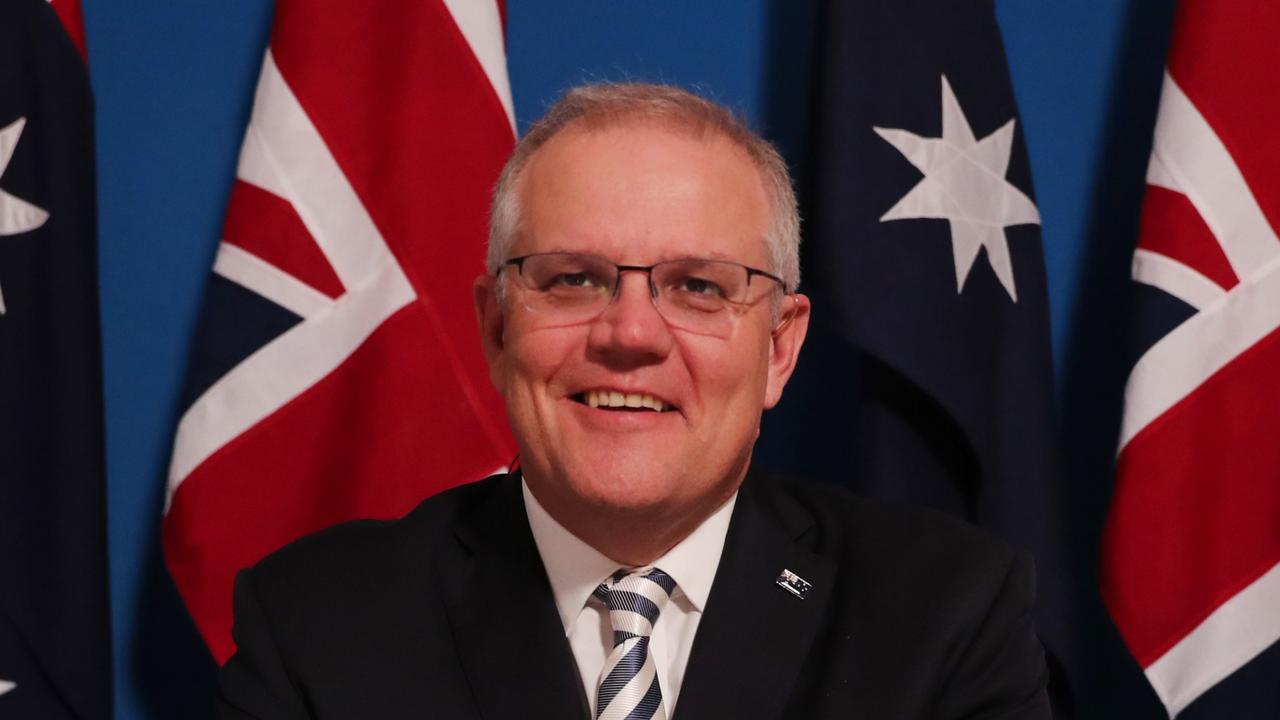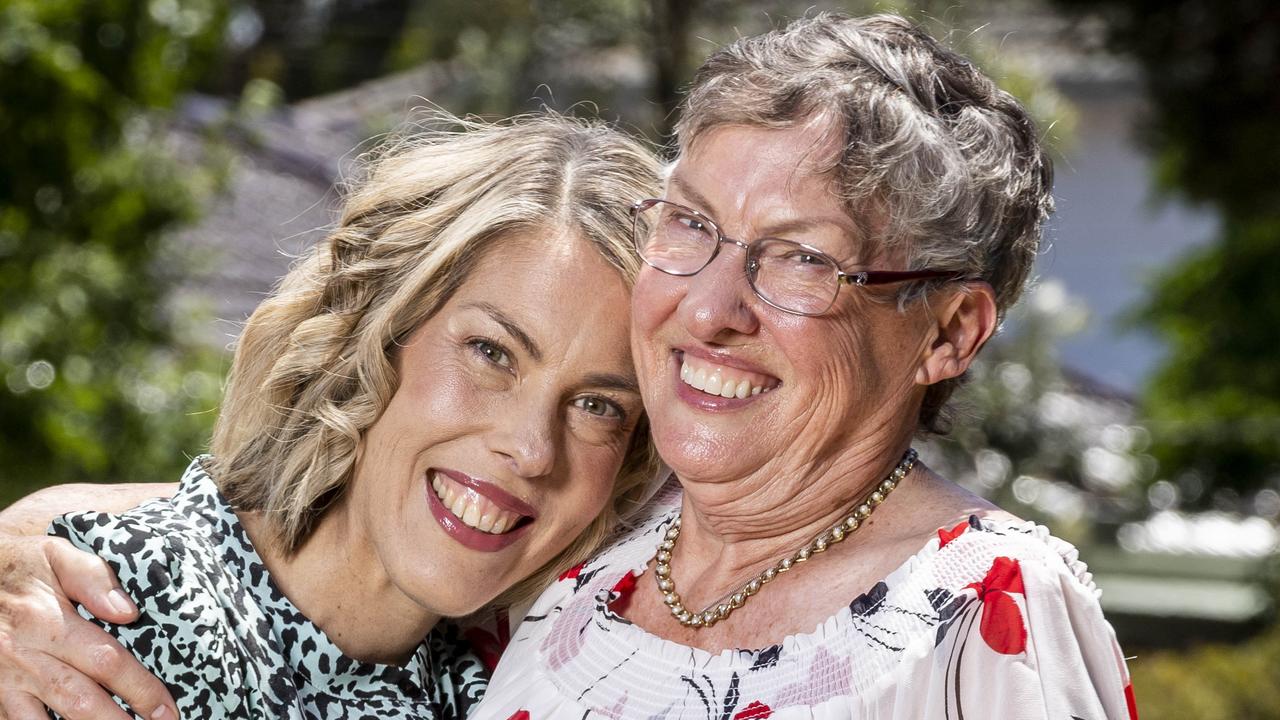Tragic toll for the heroes injured in Middle Park explosion
THEY weren’t supposed to be there. Sheri George looked at her watch as they stood in the driveway of the Middle Park unit.
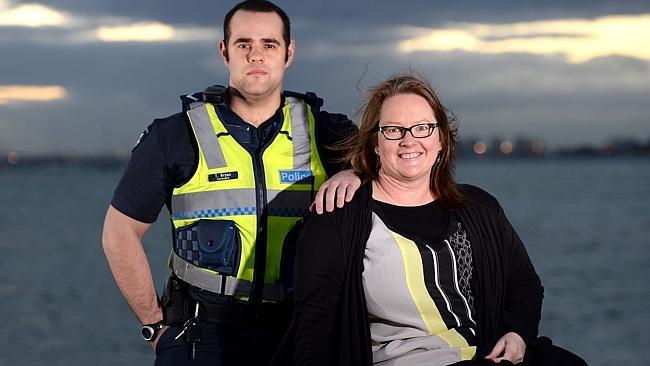
Pride of Australia
Don't miss out on the headlines from Pride of Australia. Followed categories will be added to My News.
THEY weren’t supposed to be there.
Sheri George looked at her watch as they stood in the driveway of the Middle Park unit.
“I know it’s after 9 o’clock but I just want to see the outcome,” the mental health clinician said to Constable Tim Bryan while their colleagues tried to get inside.
Their shift finished 15 minutes ago, but Sheri wanted to know if the man they were sent to check on was home.
He wasn’t answering his phone or his front door.
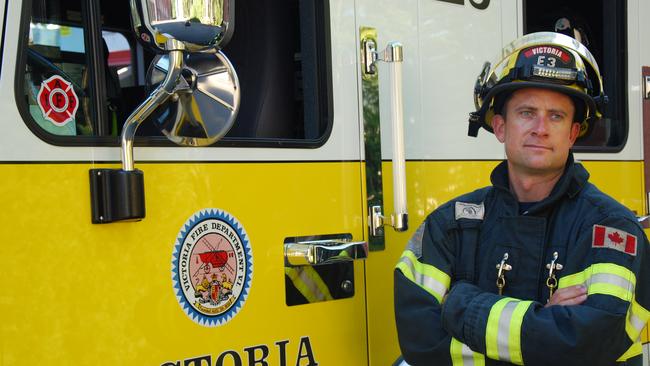
Had they left when they were supposed to, no one would have been there when their colleagues emerged from the exploded unit, their bodies black and smoking.
It had begun as a typical welfare check following a worrying Facebook post.
Sheri and Constable Bryan were working APACER — a special unit of an Alfred clinician and a police officer who respond to 000 mental health calls.
It was 8.45pm when they pulled up on quiet Hambleton St on the cool night of January 4, darkness starting to fall.
A team of familiar faces were outside the brown brick units.
“Sheri, are you going to assess him by clairvoyance because we can’t get in,” Constable Emma Quick joked.
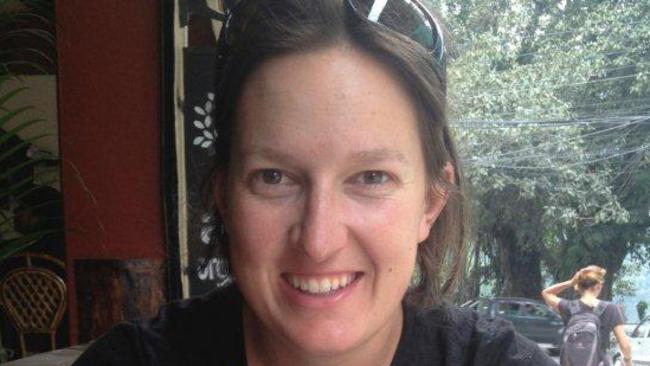
Constable Varli Blake shoved her hands in her police vest from the cold.
Sergeant Tony Scully went to get a crow bar.
But they decided against breaking down the door.
Instead, firefighter Andrew Wood climbed through the balcony window and Sheri, from the driveway, gave Constable Blake the thumbs up through the stairwell glass panels.
Another firefighter was on the balcony.
“What’s going on? Is he in there?” Sheri called up to him.
But he had no time to answer.
Boom.

Heat smacked Sheri in the face as flames shot two metres out the window.
Amid the raining glass she saw the firefighter’s upper body splayed over the balcony wall.
Constable Bryan ran up the stairs while she ran to the ladder to help the firefighter down.
“My initial thought was there’s no way anybody could have survived that,” she said.
“Then they started to come out.”
Black, smoking figures clambered down the stairs with arms held out from bodies.
One was Sgt Scully, his glasses somehow intact on his blackened face.
“I need a hose, water, buckets,” Sheri yelled to anyone who could hear — she only knew to cover them in water from reading about the Bali bombings.
Constable Bryan rushed Sgt Scully to the shower of a downstairs unit.
“Keep him talking,” he told the men who lived there before running to the others, calling for backup and feeding updates through his police radio.
“I thought, ‘I can’t lose it now’,” he said.
“I just went into police mode.”
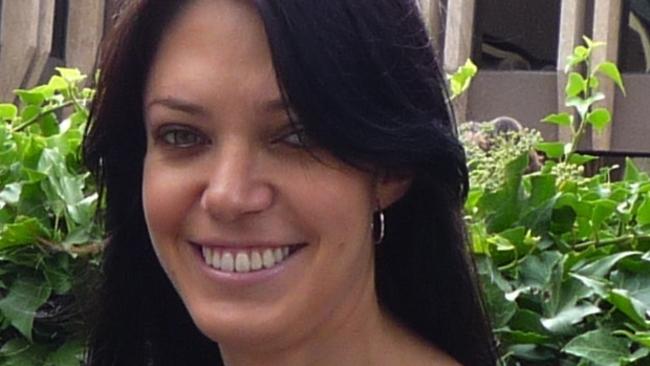
Outside, Sheri doused Constable Blake and Constable Quick with water from a hose.
Help arrived within 10 minutes, but it felt like hours.
Firefighters carried a man downstairs and lay him in front of Sheri and her hose.
Leon Firth, who will face 17 charges in court on Thursday, had burns to his face and chest.
Sheri and Constable Bryan have been credited with helping save the lives of their colleagues that night, and nominated for a Pride of Australia Award.
But they still wrestle with the fact if the door was broken down or if they climbed the stairs again, they would have been inside the unit too.
“I have a lot of survivor guilt, I’ve struggled with that a lot,” Sheri said.
The psychiatric crisis nurse finds it ironic she suffers PTSD, but she hasn’t let the nightmares or flashbacks stop her returning to part time work with ongoing support.
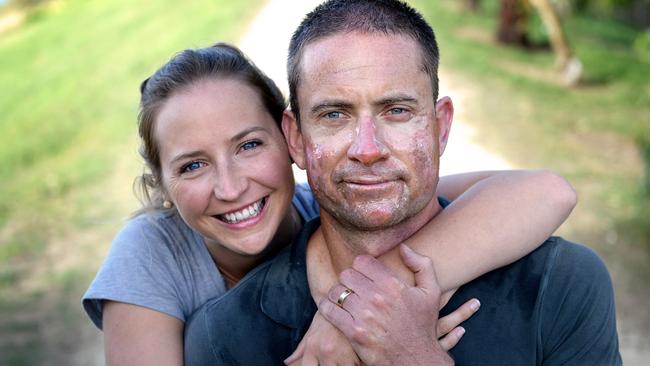
Constable Bryan feels OK, but he knows symptoms could come up in months or years to come.
On Wednesday the pair were rostered on the APACER van together for the first time since the fateful night they stayed back late.
“I’m glad we stayed,” Sheri said.
“We were able to give first aid that enabled them not to lose the tips of their noses, their fingertips, and that means a lot.”

